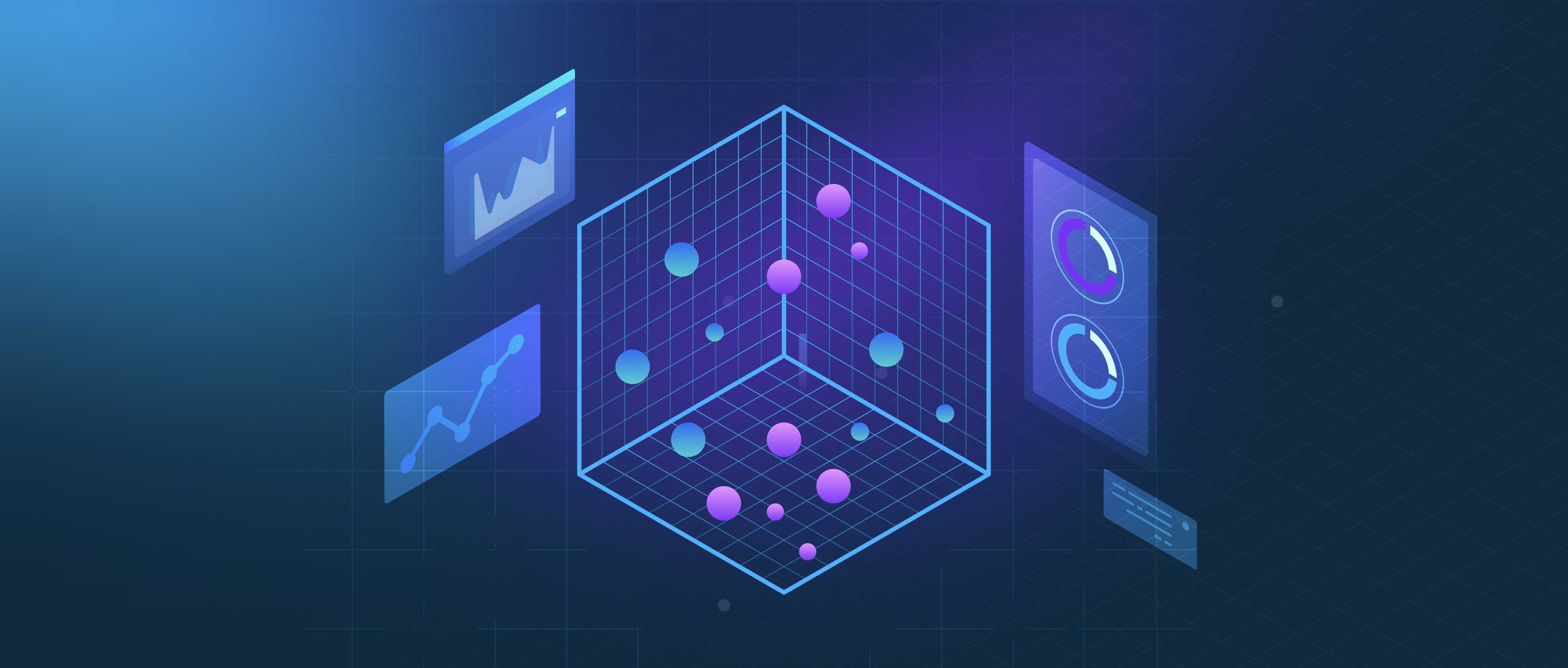A Master’s degree in Computer Vision can open doors to various career opportunities across industries. One potential path is becoming a computer vision engineer or researcher. In this role, you would develop algorithms and systems for visual perception tasks such as object detection, image segmentation, and facial recognition. These skills are highly sought after in industries like autonomous vehicles, where you might work on systems that allow cars to understand and navigate their surroundings. Another career option is in healthcare, where computer vision is used to analyze medical images and assist in diagnostics. With expertise in computer vision, you could contribute to improving diagnostic accuracy, reducing human error, and automating image analysis in medical applications. You could also explore positions in robotics, where visual perception helps robots interact with their environment and make real-time decisions. In e-commerce, computer vision enables applications such as image-based search or automated quality control, which are essential for product management and customer experience. Beyond these roles, you could also take on a data scientist position, utilizing machine learning and computer vision techniques to analyze large datasets or improve existing models. A master’s in computer vision also provides a foundation for a career in academia, where you could pursue further research or teach at a university level. The interdisciplinary nature of computer vision allows for a wide variety of opportunities in both technical and industry-specific domains.
What can I do with a Masters in Computer Vision?

- AI & Machine Learning
- Natural Language Processing (NLP) Basics
- Master Video AI
- Advanced Techniques in Vector Database Management
- Mastering Audio AI
- All learn series →
Recommended AI Learn Series
VectorDB for GenAI Apps
Zilliz Cloud is a managed vector database perfect for building GenAI applications.
Try Zilliz Cloud for FreeKeep Reading
Why is context important in NLP?
Context is crucial in NLP because the meaning of words or phrases often depends on their surrounding text. For example,
Why is model interpretability important in recommendation engines?
Model interpretability is crucial in recommendation engines because it allows developers and stakeholders to understand
Is there a successful OCR solution for Hindi?
Yes, there are successful OCR solutions for Hindi and other Indic languages. Tools like Google's Tesseract OCR engine su